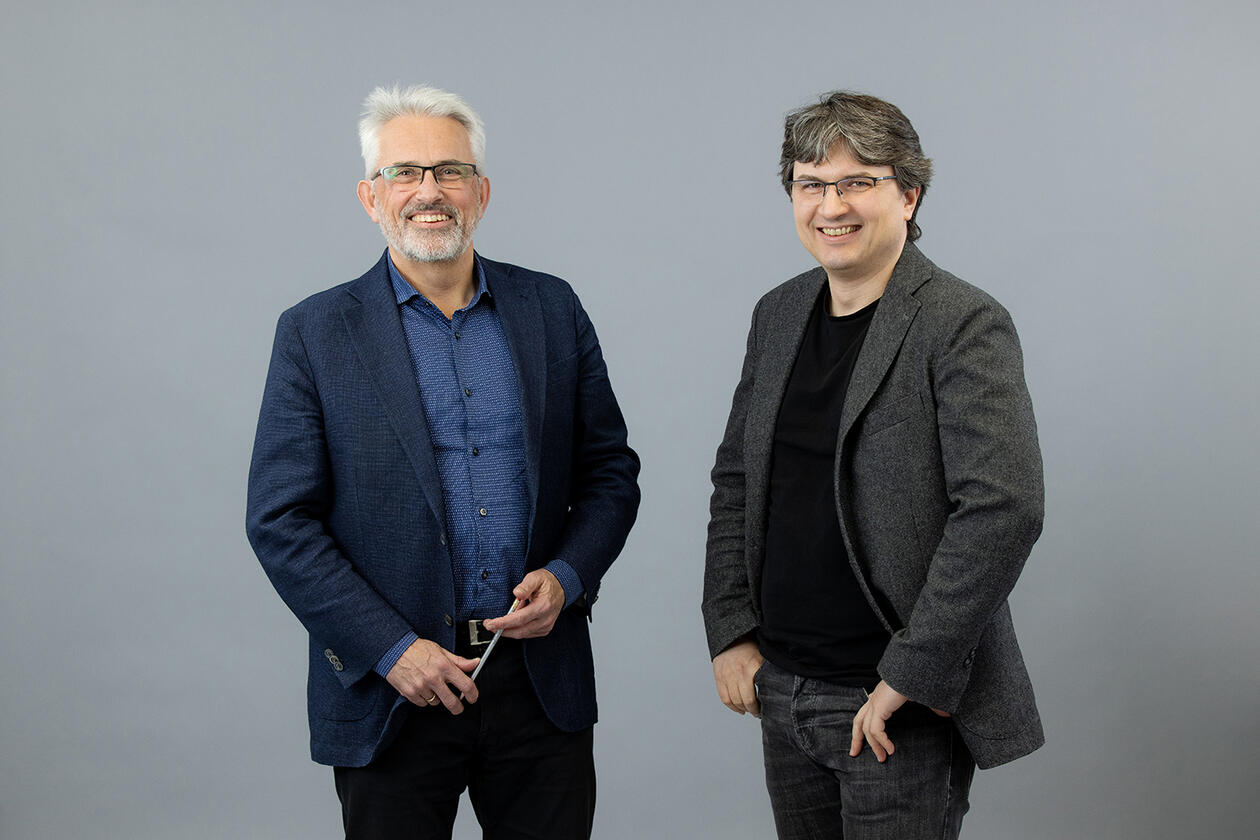Helse Vest grants for 2023 to all four Neuro-SysMed disease programs
The regional health authorities, Helse Vest, just released their latest funding results in which 7 Neuro-SysMed projects will receive funding for a total of ~26 Million NOK. This will secure support for important clinical treatment research focusing on multiple sclerosis (MS), Parkinson’s disease (PD), amyotrophic lateral sclerosis (ALS) and dementia.

Main content
Helse Vest allocated November 25, 2022 funding to 57 of totally 245 proposals, and in addition 160 fellows and projects have been granted continued support. About 182 million NOK in total for new and continued projects.
The proposals are assessed based on the two equal assessment criteria of scientific quality and (clinical) benefit. In the final prioritization of promising projects, regional and international cooperation and transdisciplinarity are also assessed.
Covering all four disease programs
“This is amazing news! Especially the first career grant to one of our postdocs, showing the caliber of our young researchers and the exciting research that they do”, says Neuro-SysMed Research Advisor, Yamila Torres Cleuren. She has been working closely with the Centre researchers in shaping their proposals.
Neuro-SysMed Director Kjell-Morten Myhr and Co-Director Charalampos Tzoulis are likewise very happy with the result.
“This is the first time that we get funding for all four diseases at the same time, with projects going across multiple disciplines, a great step forward and a sign of the added value of the center”, they explain.
Funded projects
Below are the funded projects, starting in 2023:
- Haakon Berven, 3-year PhD project N-DOSE: A dose optimization trial of nicotinamide riboside in Parkinson’s disease.
- Lydia Boyle, 3-year PhD project Digital phenotyping for changes in activity at the end of life in people with dementia: an observational trial based on sensing technology (DIPH.DEM)
- Magne Haugland Solheim, 3-year PhD project An agnostic search for novel treatment targets for amyotrophic lateral sclerosis: A drug-repurposing project using Norwegian registry data
- Ida Viktoria Herdlevær, 2.5-year postdoctoral fellowship Biomarkers for disease activities in multiple sclerosis
- Øivind Torkildsen, 3-year open project support Tenofovir alafenamide fumarate and Epstein-Barr virus activity in Multiple Sclerosis – a proof of concept study
- Christopher Elnan Kvistad, 4-year clinical career fellowship Harnessing the full Neuroregenerative potential of Mesenchymal Stem Cells (NEURO-MSC) - multiple sclerosis
- Irene Flønes, 1-year short project support Neuropathological characterization of the Park West: a population-based prospective longitudinal cohort of Parkinson’s Disease
Carreer fellowship support
Particularly prestigious is the 4-year clinical carreer fellowship, awarded to Christopher Elnan Kvistad, a neurologist and postdoctoral researcher at Neuro-SysMed. He obtained his PhD in 2015 at the University of Bergen with a thesis on ischemic stroke treatment. He has been a postdoctoral researcher since 2019, focusing on the use of mesenchymal stem cells as a neuroregenerative treatment for multiple sclerosis.
We’ve asked him a few questions about his project and how he prepared for it, which we hope can inspire others in their path towards independence and building their careers.
What is your new project about?
The project is primarily about developing a treatment based on mesenchymal stem cells with the potential to regenerate injuries to the central nervous system caused by MS. In the clinical part of the project, we will assess long term outcomes of patients receiving intrathecal mesenchymal stem cell transplantation in the SMART-MS study. In the pre-clinical part, we will modify the mesenchymal stem cells in an attempt to optimize their neuroregenerative properties and test these new differentiation protocol in experimental MS and ischemic stroke models, which may form the basis for a phase I/II trial.
How did you prepare for the application?
The application was prepared in close collaboration with the research advisor at Neuro-SysMed. The good advice ultimately led to a rewriting of the entire original application, which probably was a key factor leading to the HV grant.
What possibilities does receiving this grant open for you?
The funding gives us the opportunity to form a new neuroregenerative research group designated to develop innovative cell-based therapies for irreversible neurological conditions. It also gives us the privilege to work on something we feel very passionate about, and a neglected field within neurology. The first neuroregenerative experiment was performed by Nobel prize winner Santiago Cajal for over 100 years ago, but still we do not have a regenerative treatment for our patients.
You can read all about the Helse Vest grants in this article (Norwegian).
